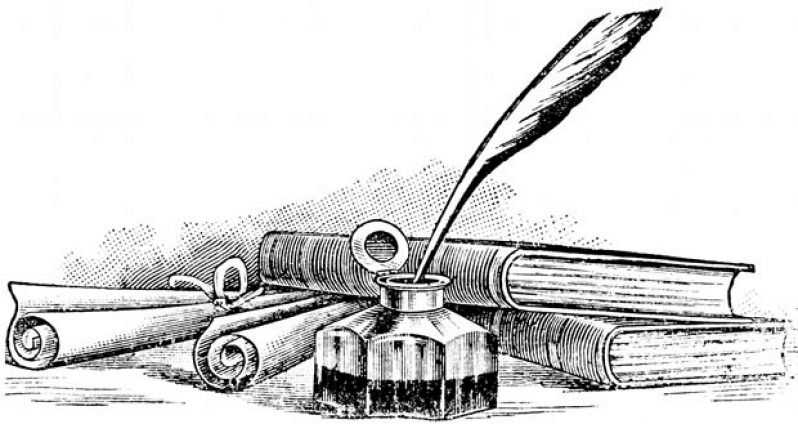AMID THE prevailing gloom and doom over Barbados’s most regrettable drift into the deep, dangerous waters of a seemingly unprecedented post-independence economic crisis, there is this stunning public silence on what may yet prove inevitable—a snap general election, perhaps within a year from now, at most.The alternative could be what both the governing Democratic Labour Party administration of Prime Minister Freundel Stuart—with its mere two-seat majority in the House of Assembly—and the Mia Mottley-led opposition Barbados Labour Party with a current divided executive are uncomfortably seeking to avoid:
It involves the pursuit of a creative political initiative for bi-partisan national dialogue to avoid the threatening economic dislocations and inevitable social upheavals.
At times of an acknowledged national crisis—as currently prevails in Barbados—it would be the politically mature and democratically merited development for the Head of Government and Opposition Leader to meet and discuss likely responses, ideally with the participation of carefully chosen representatives of relevant sectors of the nation.
The national interest demands political creativity—away from the constant flow of combative rhetoric against each other when not inveighing against the International Monetary Fund (IMF) and, currently, more so against the international credit rating agency of Moody’s Investors Service for its scorching triple ‘junk bond’ downgrade of Barbados.
Unhappily, more than half a century after the island and mainland states of our Caribbean Region started the process of replacing Britain’s Union Jack with respective national flags on the dawn of independence, this sort of matured governance is not our way of “doing politics.”
Rather, as the illustrious George Lamming so often reminds us, the preference politics is that of the electoral ‘cock fights’ that normally occur every five years, with occasional snap polls.
In the circumstances, while the generally loquacious Finance Minister, Chris Sinckler, famous for his very acerbic broadsides against whoever he chooses to target, it is Prime Minister Stuart himself, normally cool and eloquent, who seems to be leading from the frontline with heavy invectives, dismissing for instance, Moody’s triple-downgrade junk bond rating of Barbados as sheer “rubbish”!
Political reality
On the other political side, where BLP’s leader Mottley is perceived as being still imprisoned by an internal leadership division that dates back to her succession of former third-time Prime Minister Owen Arthur as ‘bosswoman’ of the party, there continues to flow mixed messages on the way forward for both the party’s future and, relatedly, an alternative political strategy that places a snap general election as a core feature.
Curiously, just this past Sunday, Mr. Arthur in addressing a meeting of his St. Peter constituency, contended that Barbados was in an economic predicament that was “twice as bad as it should have been’ and urged the DLP administration to “face it and fix it” (Monday’s (Daily Nation).
Implicit in the ex-Prime Minister’s frequent urgings for the government to engage Barbadians on the burning fiscal/economic issues of the day to build “national consensus” on the way forward is unmistakably a scenario that inevitably must include structured dialogues between representatives of the two parties comprising the 30 seats in the National Assembly.
The official results of the February 21, 2012 that returned the DLP to a second term, revealed how sharply divided were the voters. The DLP secured its 16 seats–majority of two–with less than three percent of the overall valid ballots—to the BLP’s’ 14 seats (a gain of four from the 2008 general elections.
Together, they can rightly boast of speaking for the vast majority of Barbadians who have sustained multi-party democratic governance in this nation.
Now there is the serious threat of the “bottom” falling off the country’s “economic bucket” amid deep reluctance, if not fear, that both the governing DLP and opposition are really in no mood for a snap general election, aware that a constitutionally due one is still some four years away!
So both parties are seemingly preoccupied in capturing, differently, media headlines with their varied political posturing and ‘blame’ games.
Question is whether Barbadians would prefer a snap poll for a change in the political status quo that could also involve leadership changes in both the DLP and BLP? Perhaps such a poll should be commissioned by those sufficiently interested and with the resources to do so.
Analysis by Rickey Singh



.jpg)








